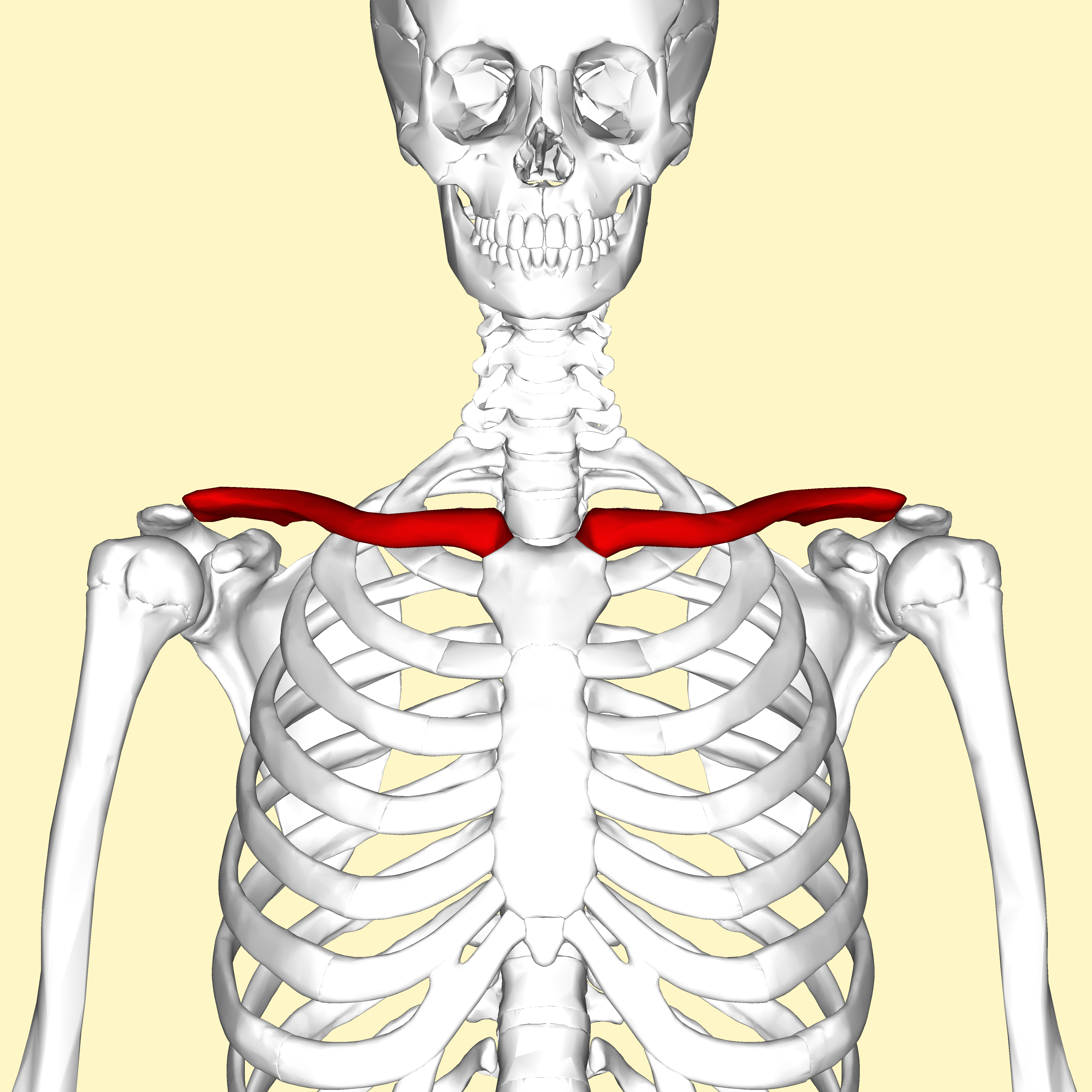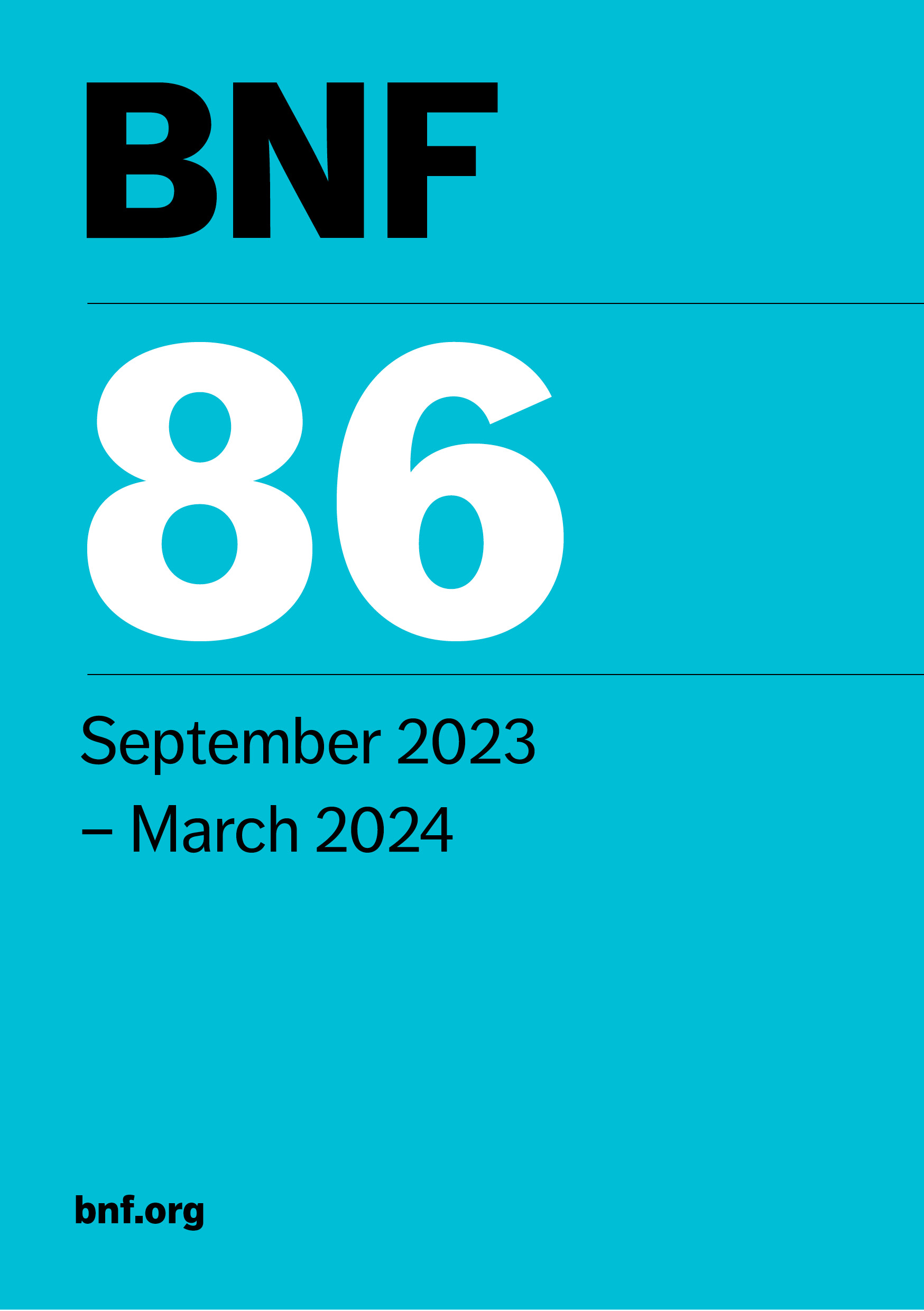version
Well-known member
This is the ultimate version story
I dunno if it was the same night or another, but they goaded that same guy into trying the Fosbury flop over the washing line in his garden and he broke his clavicle.
This is the ultimate version story
Incidentally, primo material for an Adam Curtis documentary.This is the ultimate version story
Incidentally, primo material for an Adam Curtis documentary.
"The alienation of modern society was, unbeknownst to these children, to reach its crescendo when a boy comes face-to-face with his own mother's sexual isolation.""In the late 2000s, a young man was hosting a party. But what he didn't realise was that his friends had stumbled upon a terrifying new weapon: his mother's dildo."
@linebaugh and I will be sure to discuss this when we meet up tonight.@sus how might it make you feel had you been tricked into deep throating your mums dildo?
Jon Savage - England's Dreaming
It's easy to imagine the impact this book must have had on its release in 1991. Over the course of its 500+ pages, Savage goes into all the detail you'll ever need about the punk era and the lurid career of Sex Pistols, and more detail than you'll ever need about tailored waistbands expanding at the knee tapering to a 50s ankle. Grundy, Sid and Nancy, "ever get the feeling you've been cheated?" - it's all here, but more than that, though, Savage digresses into most of the areas that make punk such a turning-point - the emergence of indie labels, fanzines, local "scenes", everything that made life so interesting until, and even slightly after, the emergence of the internet.
For all that he vaunts John Lydon, it's clear that he finds Malcolm McLaren the most interesting, if not admirable person involved. He psychologises him with a shrewdness and is obviously impressed, as I am, by his ability to get stuff done - you want to open a shop? Sure. You want to sign contracts for big money? No problem. Let's make a film next. However, you never lose the sense of him as a shadowy operator, and no one emerges untraumatised from the legend.
One of the main things to strike me, as it were, was the extent of violence in the times he describes - tribe after youth tribe meeting up for no other reason than to batter each other, Teds vs Mods vs football fans vs punks, etc, etc ad nauseam, riots at gigs, crowds attacking bands and vice versa, men punching women, serious stuff, people getting pissed off and drawing axes, chains, acts that would lead to a serious assault charge today. At one point Savage goes so far as to say that violence was different back then somehow, acceptable, even sexy. It made me think, would I really want to be there? I don't think I would. It doesn't seem to happen in quite the same way today - but then I think of growing up in Lancashire, where the townies were liable to take violent dislike to goths and moshers.
England's Dreaming resembles, in subject, size, colour and layout another book, Greil Marcus' Lipstick Traces, one which dealt my seventeen-year-old mind a blow from which it has never really recovered. I'd read Camus at school but I had no inkling there'd been such things as Dada, Lettrisme, détournement and all those fascinating concepts that so invigorate the teenage mind. Marcus takes a wider view than Marcus: his history goes from mediaeval heretics through the rich history of twentieth-century avant gardes before getting to the Sex Pistols (as I'm not a huge fan I can add the article). Beside the pleasure of the text, both books reproduce many black and white images which are still thrilling, photos and collages and anonymous manifesto fragments - whatever the ideas may be, the punk era imagery remains as bold and inspiring as the avant garde artworks they resemble. Both books summon up the spirit of those times - the years spanned by the Pistols' career - full of youthful boredom and frustration and the rest of it, the urge to be the coolest and most chaotic that McLaren capitalised on, nihilism year zero - portraying these things as the product of a tradition stretching through Rimbaud, Debord, all those teenage heroes - and here is my point. The book goes wrong in the appendix, where after all that historical and sociological context in the main text, Marcus reviews their reunion gig, which began with the band ripping through a paper screen to make their appearance (the first band to do so since Bros apparently). I guess they missed a trick by not having Lydon slice the screen with an axe, poke his head through and say "Here's Jonny!" Sounds like it would have been inkeeping. The whole review could be summed up like this: "What a great band they were. I love the Sex Pistols." It's a let down after the story you've just read.
well that is how it began.this is so much better than my one sentence review which was: "the story of a boy band cynically manufactured in order to sell trousers"
I dunno where the clavicle is but it sounds painful. It is a bone right? It's not a small musical instrument he had in his pocket or some kind of device that was sitting there and he landed on it and smashed to pieces.I dunno if it was the same night or another, but they goaded that same guy into trying the Fosbury flop over the washing line in his garden and he broke his clavicle.
oh, that'll hurtI dunno where the clavicle is but it sounds painful.

I think inn-keeping has two ns and a hyphen.Sounds like it would have been inkeeping. The whole review could be summed up like this: "What a great band they were. I love the Sex Pistols." It's a let down after the story you've just read.

 www.pharmaceuticalpress.com
www.pharmaceuticalpress.com
What happens?
British National Formulary (BNF86) | Pharmaceutical Press
The first choice for concise medicines information Practical and evidence based, British National Formulary (BNF) is the only drug formulary in the world that is both independent, and has rigorous, accredited content creation processes.www.pharmaceuticalpress.com
Drugs!
I just read that if you secretly increase the dose of a drug on trial, but leave the placebo dose as it was, the placebo nonetheless becomes proportionately more effective in kind.Drugs!
